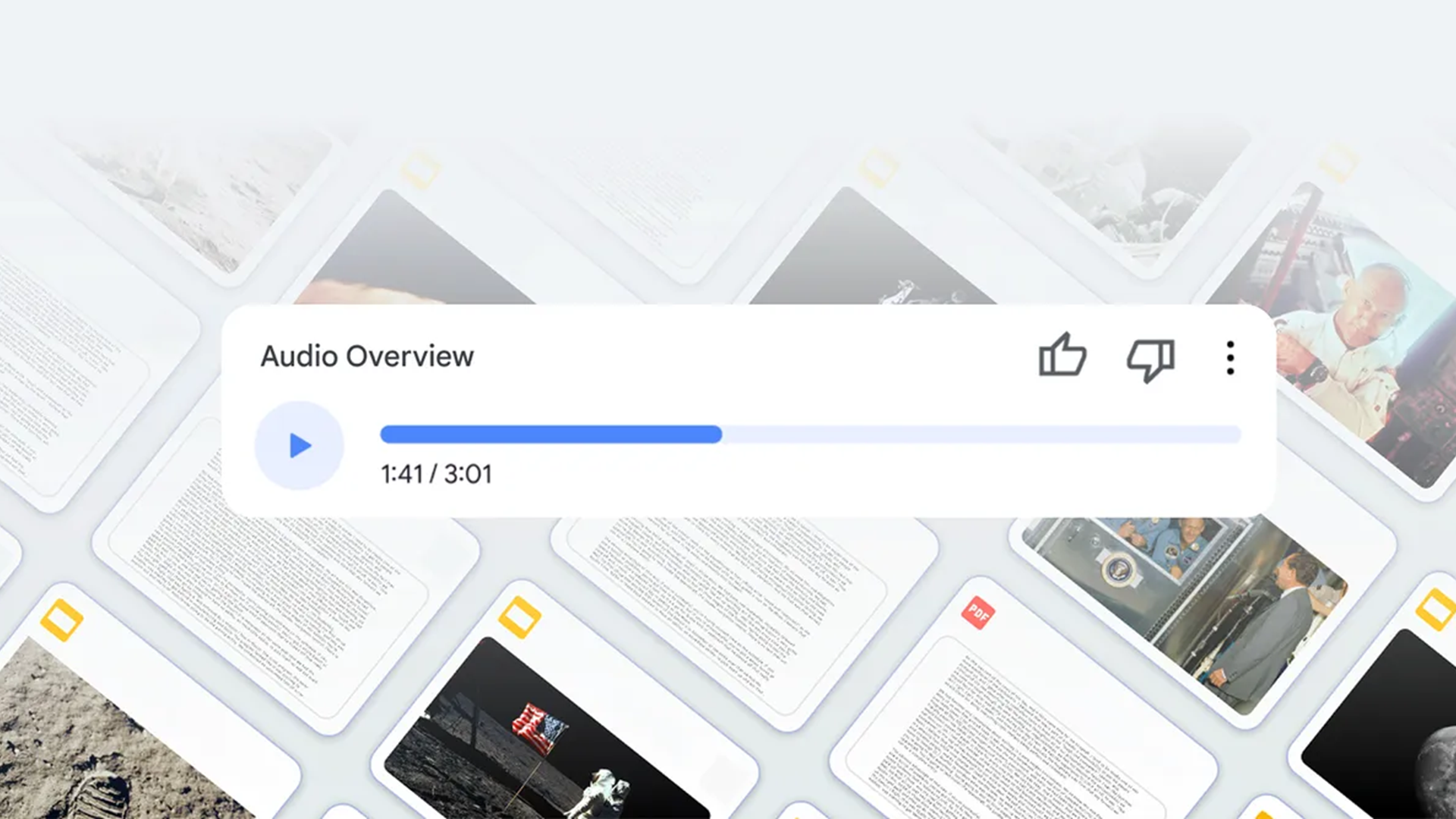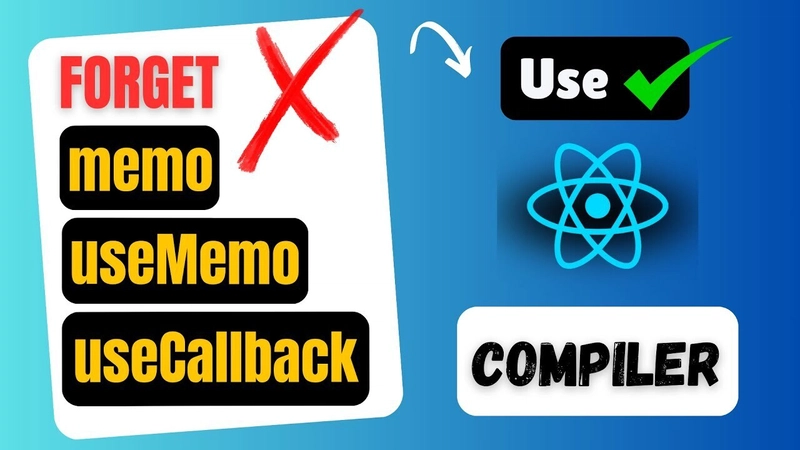Why should you use Module Bundler as Web Developer
Introduction A module bundler is a tool that takes separate JavaScript modules, processes them, and combines them into optimized bundles for efficient loading in a web application. This is essential for performance, maintainability, and scalability in modern web development. Why Use a Module Bundler? Optimizes Performance: Reduces HTTP requests by combining multiple files. Handles Dependencies: Manages module imports and exports efficiently. Supports Code Splitting: Loads only necessary code, improving load times. Enables Modern JavaScript: Supports ES6+ features and compiles them for older browsers. Popular Module Bundlers 1. Webpack Most widely used bundler. Supports plugins and loaders. Great for complex applications. 2. Parcel Zero-configuration bundler. Fast and beginner-friendly. Supports hot module replacement. 3. Rollup Best for libraries and frameworks. Generates optimized and tree-shaken code. Minimalistic and efficient. 4. Vite Designed for modern frontend frameworks like Vue and React. Uses ES modules and provides fast hot reloading. Optimized for development and production. How a Module Bundler Works Entry Point: Defines the main file (e.g., index.js). Dependency Graph: Analyzes module imports and creates a graph. Bundling: Combines files, applies optimizations, and generates output. Output: Produces a single or multiple bundled files. Example: Webpack Configuration const path = require('path'); module.exports = { entry: './src/index.js', output: { filename: 'bundle.js', path: path.resolve(__dirname, 'dist') }, module: { rules: [ { test: /\.js$/, use: 'babel-loader' }, { test: /\.css$/, use: ['style-loader', 'css-loader'] } ] } }; Choosing the Right Bundler For large applications: Use Webpack. For quick prototyping: Use Parcel. For library development: Use Rollup. For modern frameworks: Use Vite. Conclusion Module bundlers play a crucial role in modern web development by optimizing code, managing dependencies, and improving performance. Understanding their functionality and choosing the right bundler can significantly enhance development workflow. Would you like to add more examples or comparisons?
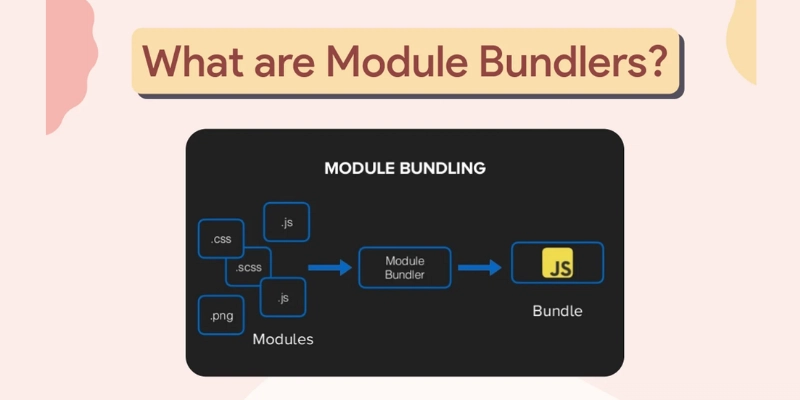
Introduction
A module bundler is a tool that takes separate JavaScript modules, processes them, and combines them into optimized bundles for efficient loading in a web application. This is essential for performance, maintainability, and scalability in modern web development.
Why Use a Module Bundler?
- Optimizes Performance: Reduces HTTP requests by combining multiple files.
- Handles Dependencies: Manages module imports and exports efficiently.
- Supports Code Splitting: Loads only necessary code, improving load times.
- Enables Modern JavaScript: Supports ES6+ features and compiles them for older browsers.
Popular Module Bundlers
1. Webpack
- Most widely used bundler.
- Supports plugins and loaders.
- Great for complex applications.
2. Parcel
- Zero-configuration bundler.
- Fast and beginner-friendly.
- Supports hot module replacement.
3. Rollup
- Best for libraries and frameworks.
- Generates optimized and tree-shaken code.
- Minimalistic and efficient.
4. Vite
- Designed for modern frontend frameworks like Vue and React.
- Uses ES modules and provides fast hot reloading.
- Optimized for development and production.
How a Module Bundler Works
-
Entry Point: Defines the main file (e.g.,
index.js). - Dependency Graph: Analyzes module imports and creates a graph.
- Bundling: Combines files, applies optimizations, and generates output.
- Output: Produces a single or multiple bundled files.
Example: Webpack Configuration
const path = require('path');
module.exports = {
entry: './src/index.js',
output: {
filename: 'bundle.js',
path: path.resolve(__dirname, 'dist')
},
module: {
rules: [
{ test: /\.js$/, use: 'babel-loader' },
{ test: /\.css$/, use: ['style-loader', 'css-loader'] }
]
}
};
Choosing the Right Bundler
- For large applications: Use Webpack.
- For quick prototyping: Use Parcel.
- For library development: Use Rollup.
- For modern frameworks: Use Vite.
Conclusion
Module bundlers play a crucial role in modern web development by optimizing code, managing dependencies, and improving performance. Understanding their functionality and choosing the right bundler can significantly enhance development workflow.
Would you like to add more examples or comparisons?









































































































































































![[The AI Show Episode 143]: ChatGPT Revenue Surge, New AGI Timelines, Amazon’s AI Agent, Claude for Education, Model Context Protocol & LLMs Pass the Turing Test](https://www.marketingaiinstitute.com/hubfs/ep%20143%20cover.png)
















































































































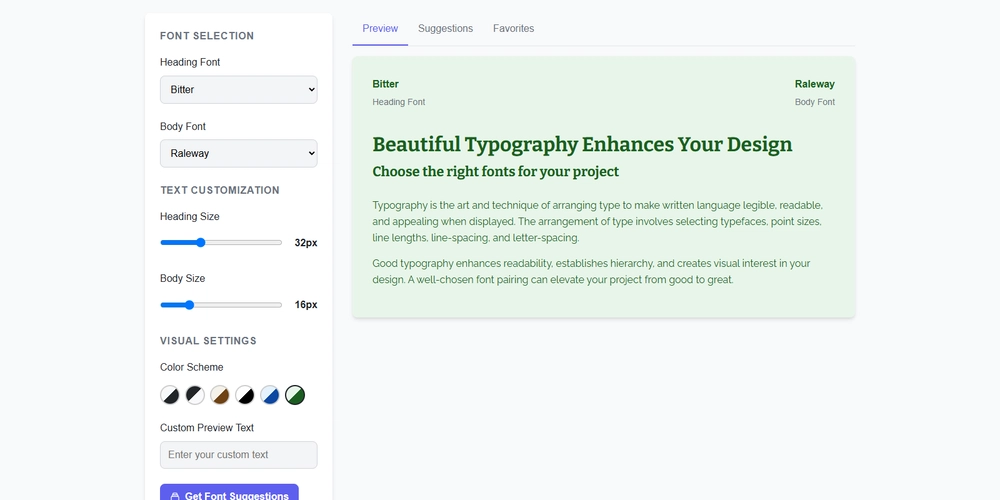
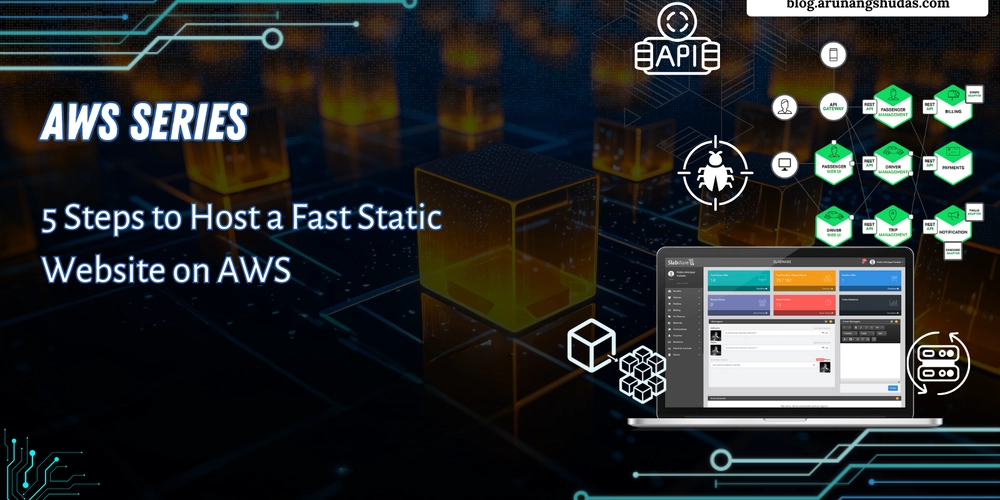
![[Tutorial] Chapter 9: Task Dashboard: Charts](https://media2.dev.to/dynamic/image/width=800%2Cheight=%2Cfit=scale-down%2Cgravity=auto%2Cformat=auto/https%3A%2F%2Fdev-to-uploads.s3.amazonaws.com%2Fuploads%2Farticles%2Fnotu3uxqtwmann665q6r.png)
![[Tutorial] Chapter 10: Task Dashboard (Part 2) - Filter & Conditions](https://media2.dev.to/dynamic/image/width=800%2Cheight=%2Cfit=scale-down%2Cgravity=auto%2Cformat=auto/https%3A%2F%2Fdev-to-uploads.s3.amazonaws.com%2Fuploads%2Farticles%2Ffjbdyeaw51nx8g13ag12.png)












![From drop-out to software architect with Jason Lengstorf [Podcast #167]](https://cdn.hashnode.com/res/hashnode/image/upload/v1743796461357/f3d19cd7-e6f5-4d7c-8bfc-eb974bc8da68.png?#)








































































































.jpg?#)
































_ArtemisDiana_Alamy.jpg?#)


 (1).webp?#)






































































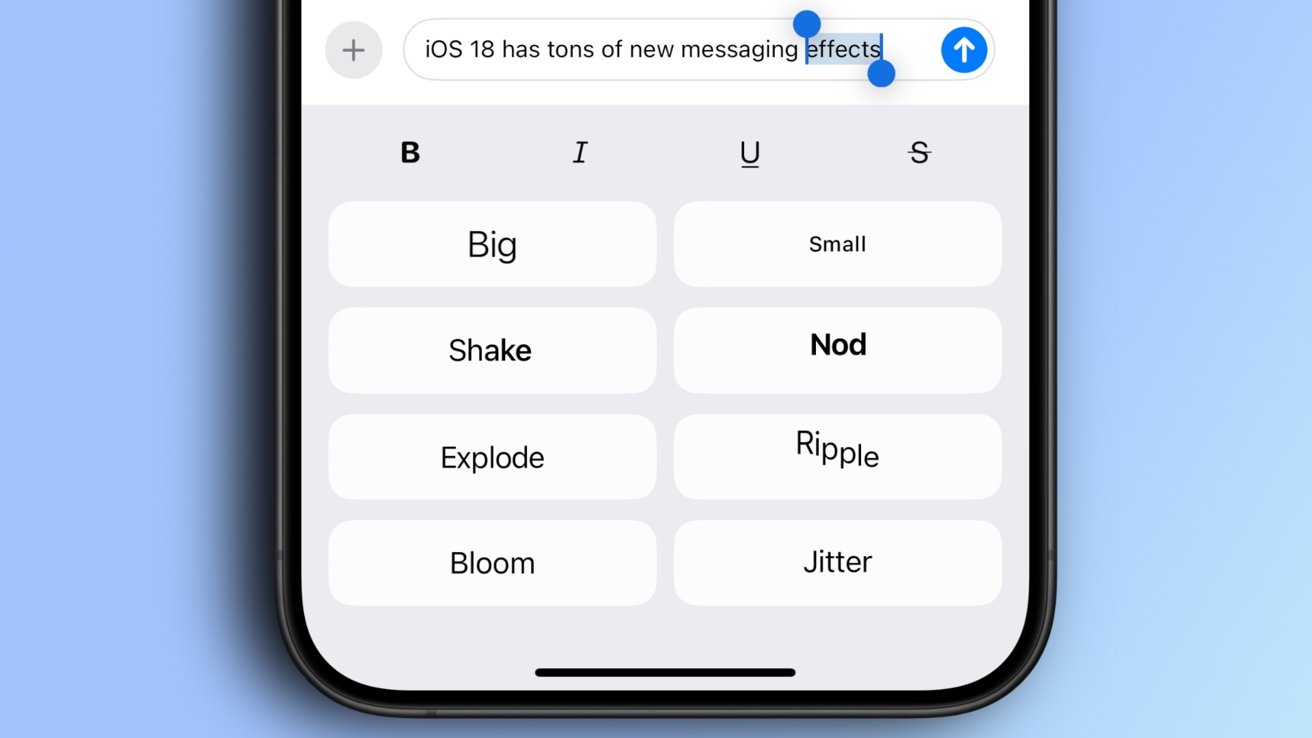
-xl.jpg)




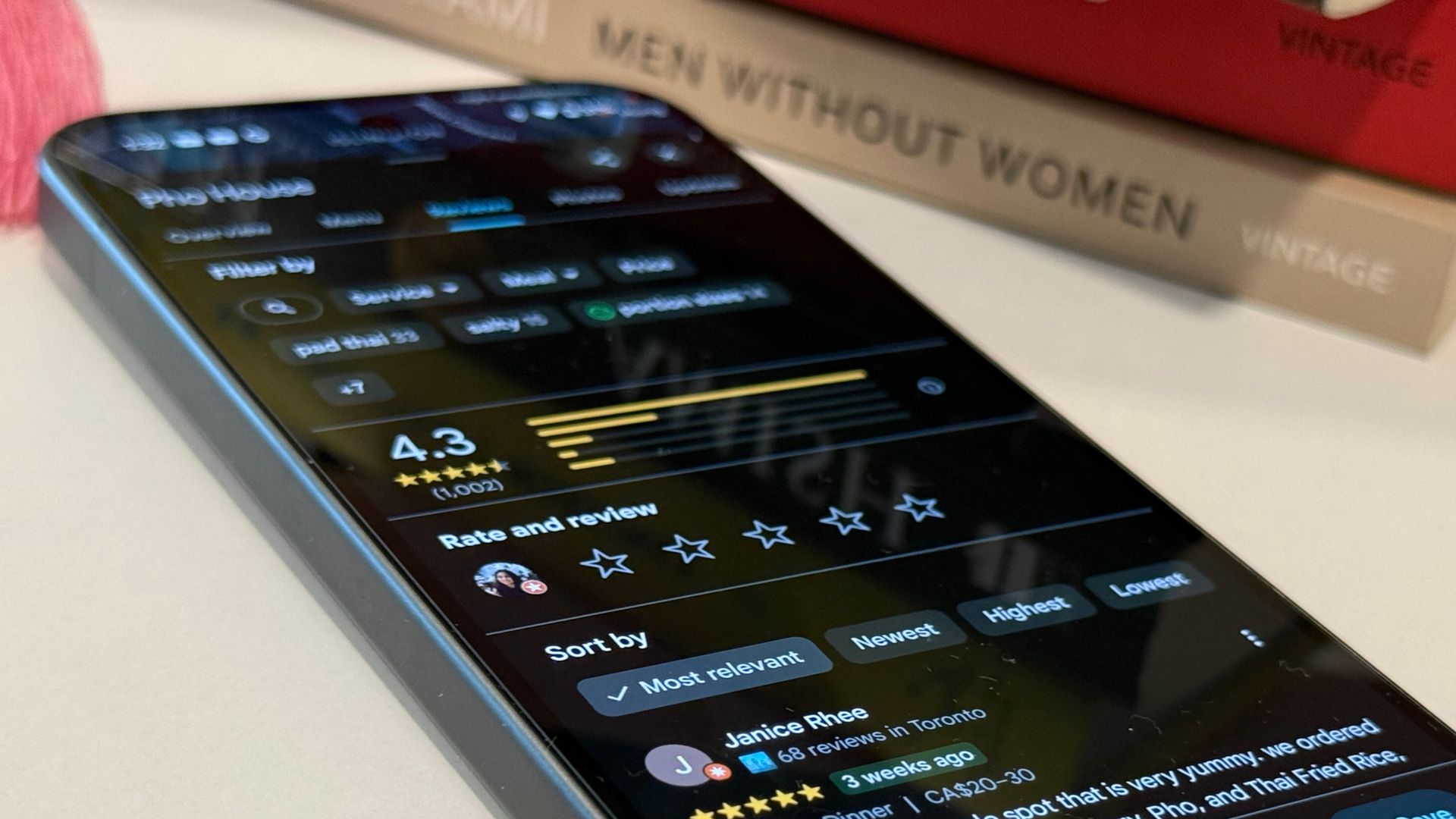








![Yes, the Gemini icon is now bigger and brighter on Android [U]](https://i0.wp.com/9to5google.com/wp-content/uploads/sites/4/2025/02/Gemini-on-Galaxy-S25.jpg?resize=1200%2C628&quality=82&strip=all&ssl=1)









![Apple Rushes Five Planes of iPhones to US Ahead of New Tariffs [Report]](https://www.iclarified.com/images/news/96967/96967/96967-640.jpg)
![Apple Vision Pro 2 Allegedly in Production Ahead of 2025 Launch [Rumor]](https://www.iclarified.com/images/news/96965/96965/96965-640.jpg)



















